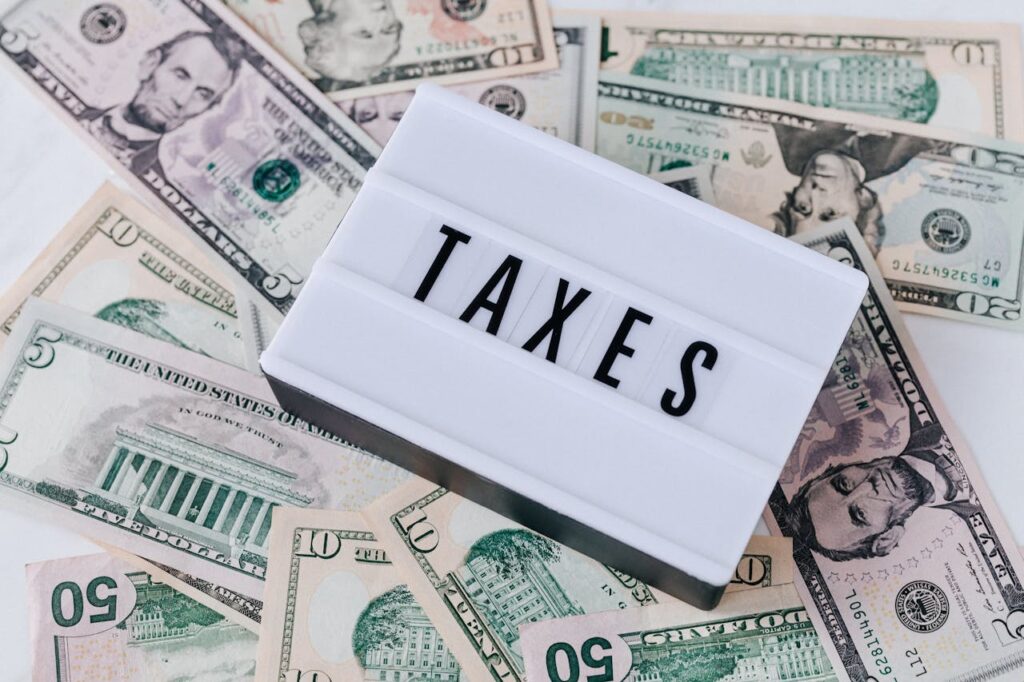
The Federal Reserve (Fed) has a tricky job, one that can make even the most rational person scratch his head. To slow inflation and high prices, the Fed must raise prices further, which slows the job market, all so prices can go down and the job market can grow again. That may be a poor interruption, however, to the laymen, that is what it seems what the Fed is doing.
In reality, the Fed and the whole economy face an incredibly nuanced and intricate problem that requires determination from our leaders and a high financial pain-tolerance from us. As CNBC’s Jeff Cox reports, as September jobs are up, that means the Fed has more work to do.
Jobs are Up
Jobs are up. Isn’t that a good thing? Well, in times of record high inflation, yes and no. It is a good thing that many people are able to find work. No matter the economy, the average person can’t afford to not work and needs to support themselves and their families. Currently, there is an estimated 1.7 job opportunities for every 1 worker.
On the other hand, that is what has made this type of inflation such a vicious cycle. When the job market grows too fast, then the economy grows too fast and inflates. The Fed’s only tactic to fight inflation is to raise interest rates, which purposely make it harder to borrow money, and in turn, slow the economy. So, more jobs mean more interest hikes.
Consecutive Interest Hikes
Because of the consistent growth of the economy, it is likely that the Fed will approve a fourth interest hike of 0.75 percent, or 75 points in November. This will be the fourth one since the start of 2022. The constant interest hikes have made it considerably difficult on everyone, especially seniors and retirees, to maintain consistent savings. On the bright side, economists are hopeful that November’s potential hike will be the last.
The Fed has two mandates, and yes, the primary one is to fight inflation, the other one is to stall unemployment. In this instance, it is becoming harder to have both at the same time. The Fed’s only option may be to purposely drive the economy into a small recession, with the hopes for a quick recovery.
The problem lies with the Fed’s lack of options. Mandates that influence corporate pricing in times of inflation may be beneficial in the fight against high prices, or at the very least take the burden off the average consumer’s shoulders.
Much remains to be seen, but seniors need to be protected, no matter the outcome. Join the Council’s fight to protect the Social Security Trust, so that in times of inflation or recession, we don’t need to worry about whether our benefits will be in the mail.
And as always, follow the Council for Retirement Security for more retirement news.



